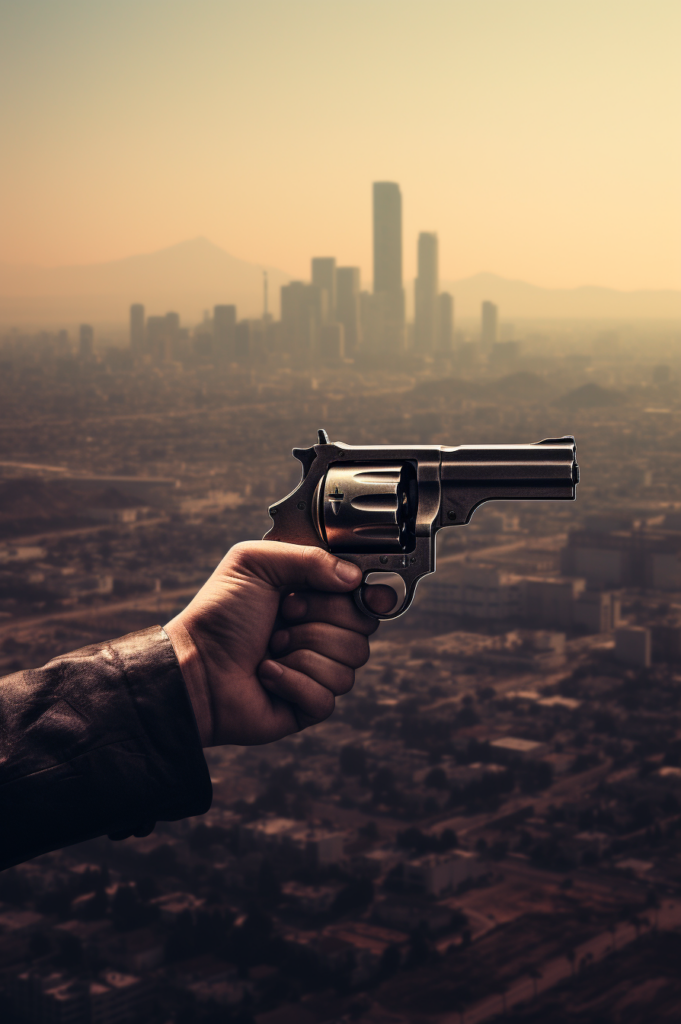
CCW Law Update (SB2)
A lot has been happening with California’s firearms laws recently, and we’ve been getting a lot of questions about what’s changing, when it will happen, and who it will impact.
There have been recent federal court decisions overturning California’s high-capacity magazine ban (Duncan v. Bonta) and assault weapon ban (Miller v. Bonta), but both of those decisions have been stayed by a high court – the Ninth Circuit Court of Appeals.
Governor Newsom recently signed Senate Bill 2, which takes effect on January 1, 2024. SB2 amends several Penal Code sections and makes major changes to the CCW permitting process. I will note that there is a court challenge to SB2, and the preliminary injunction hearing is scheduled for December 4, 2023. Assuming that SB2 actually goes into force on January 1, let’s dig into the details of how it will change the legal landscape.
First, SB2 will make it easier for California residents to qualify for a CCW permit. It removes the “good moral character” requirement to qualify for a permit, and instead makes everyone eligible for a permit unless they are a prohibited person. In 2022, the Supreme Court removed the “good cause” requirement in the Bruen case. So, now the only requirement will be that the applicant for a CCW permit not be a prohibited person, live in the jurisdiction where they apply for the permit, and be 21 years old (PC 26150 & 26155). There are a few other categories of people who can be denied, related to certain convictions or restraining orders withing defined time periods of the CCW application.
If an applicant is denied a permit, the new law also creates a process to petition the court for a writ of mandate, so the court can review that denial and order the agency to issue the permit (PC 26206). We look forward to assisting people with this appeal process when permits are denied.
Of course, with the good comes the bad. SB2 will also limit where a CCW permit holder can lawfully carry their firearm. Penal Code section 26230 contains the strictest requirements. Places where a CCW permit holder can’t carry will include: schools (including colleges, preschools and childcare facilities); federal buildings; courthouses and jails; legislative buildings; places having the primary purpose of dispensing alcoholic beverages for onsite consumption; any place where alcohol is sold for consumption on the premises; airports; public transit buildings, busses and trains; hospitals, nursing homes, medical offices or other places where medical services are customarily provided; parks and athletic facilities; casinos; stadiums, libraries; churches, synagogues, mosques and other places of worship; financial institutions; police stations; amusement parks; polling places; parking areas of the above-mentioned locations; and any other privately owned commercial establishment that is open to the public, unless the operator of the establishment clearly and conspicuously posts a sign at the entrance of the building or on the premises indicating that license holders are permitted to carry firearms on the property; and more.
We expect that a court will overturn some of these very broad restrictions on where a CCW permit holder can carry a firearm. In the meantime, be very careful about where you carry, as any arrest may compromise your future permit eligibility. It is critical to stay up to date on these changes in California firearms laws, California has some of the strictest firearms laws in the country, and they change frequently.
If you’re charged with carrying a firearm illegally, whether or not you have a CCW License, we’re here to help. Don Hammond at Criminal Defense Heroes, P.C. is an NRA Certified shooting instructor and a Critical Response Attorney for the United States Concealed Carry Association. He understands the Second Amendment, and your right to carry a gun. We have years of experience defending the gun rights of Californians. We understand the nuances of the gun laws in California and the best strategies for maintaining Second Amendment rights. Contact us today at 323-529-3660 for a consultation.









